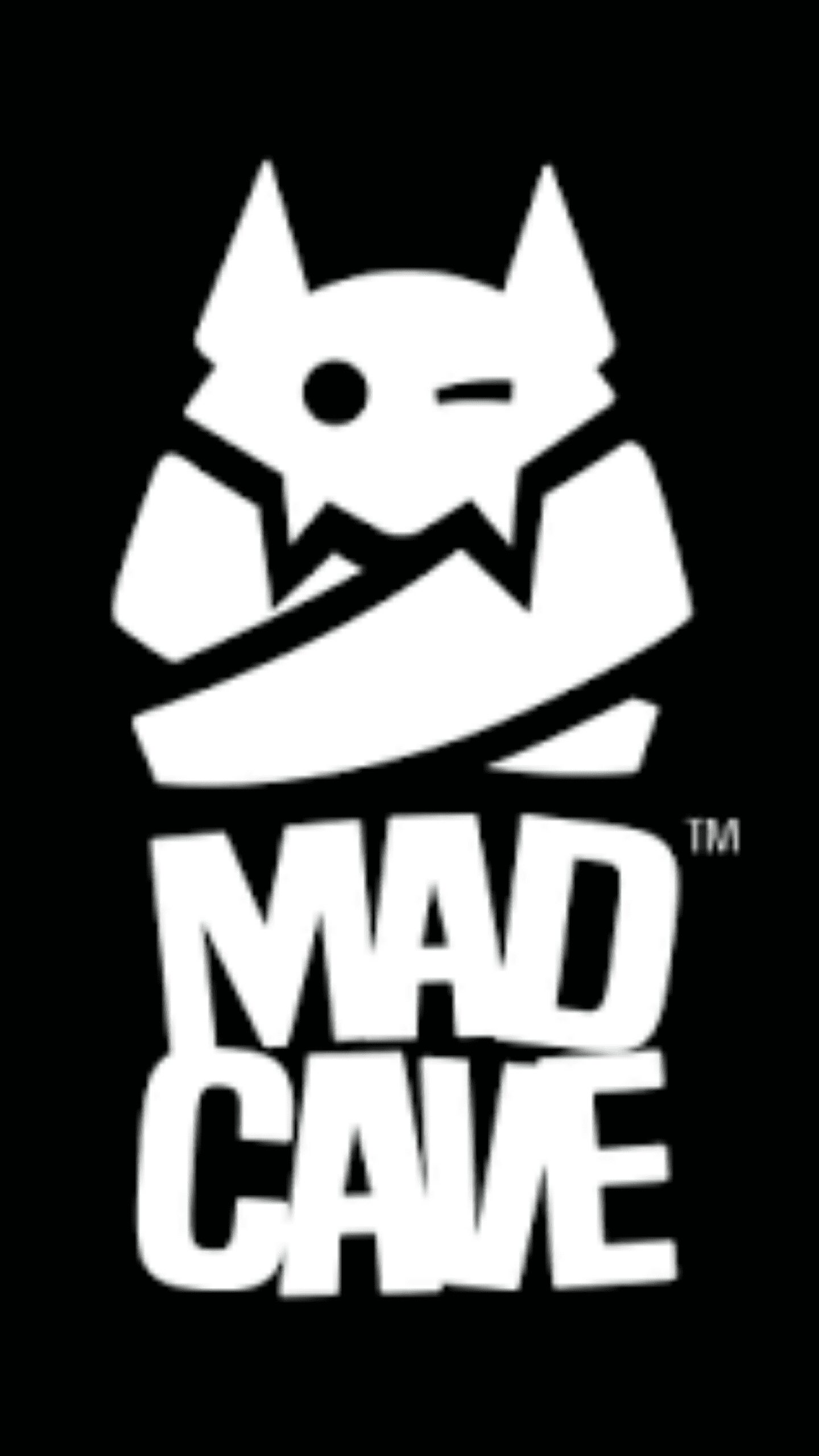When it comes to the current explosion of contemporary animation there’s nothing better than getting the insider tips, hacks, and secrets that make the industry what it is. And Impact24’s ‘Crafting Cartoons and Comics’ panel at WonderCon 2019 more than delivered when it came to providing key information into the minds of some of today’s most accomplished animation industry professionals.
The panel included a who’s who of incredible talent, including animation director Anna Hollingsworth (Unikitty!), composer Ryan Shore (Star Wars: Forces of Destiny, Star Wars: Galaxy of Adventures), supervising director Mike Mayfield (Big Mouth), supervising director Mike Hollingsworth (BoJack Horseman, Tuca & Bertie), animator David Han (Spider-Man: Into the Spider-Verse), and composer Brian H. Kim (Star vs. the Forces of Evil).
And to make an already great line-up of talented panelists even better voice actor extraordinaire Vanessa Marshall (Star Wars: Forces of Destiny, Guardians of the Galaxy), and Youtube sensation Chris Villain co-moderated and asked a series of great questions that enabled each member of the panel to share some amazing pearls of wisdom that had members of the audience nodding their heads in agreement the entire time.
The panel started with Ryan Shore discussing the various challenges among the different aspects of composing for visual media. He stated that ‘As a composer, you’re composing music for a story in a collaborative process. You work with a number of visionaries, which helps you more about storytelling.’ He continued by saying that he strives to find “the best musical ideas that serve the story and work for everyone.” It was a powerful point as evidenced by several nearby audience members to me quietly commenting on how hard that must be.
Annie Award-winning David Han then went into detail on his work on Spider-Man: Into the Spider-Verse. Han mentioned that he “wanted to do something totally different from the other Spider-Man films we have seen. We tried to emulate a lot of the things we see in comics. The art direction has a graphic look and the best way to compliment that was animating with 12 frames per second. The most challenging part of working with different animation styles is that we were nervous about how it would all blend and turn out. You get all of these characters and you have to make them all occupy the same space, but I think we knocked it out of the park. The animation that the team did, combined with the voice acting, makes it all feel very complete.” I’m sure I speak for all fans of Into the Spider-Verse when I say that David Han and the rest of the team did much more than just ‘knock it out of the park’.
Anna Hollingsworth then changed the tone of the panel by making a very interesting suggestion. She stated that “You need to consider notes or critiques as a gift from someone else. It’s easy to get hurt personally by that, but try receive it well.” If only I had a dollar for every time someone had given me the same sage advice! Anna Hollingsworth’s advice was spot on!
Mike Hollingsworth revealed to the audience that he made his start in the world of stand up comedy and suggested that every aspiring animator should enroll in some sort of improv class as, in his words, it will, “really help improve your visual gags and comedic timing.” I’d say it’s a safe bet that his improv classes did exactly that!
Director Mike Mayfield may have given the best piece of advice of the entire panel when he suggested that those who want to work in a creative capacity within the entertainment industry should continue to make as much content as possible. He followed up that advice with a personal and very powerful story. Evidently, he did an animated short years ago that was a passion project designed to also keep him busy and to further develop his skills. He wasn’t getting paid to do it but felt it was a good way to stay sharp. His current showrunner/producer somehow happened to see the short and now wants Mayfield to insert that character into his series.
Brian H. Kim gave advice that was somewhat along the same line as Mayfield’s. Kim acknowledged the balancing act needed to work on other people’s projects and to continue to work on your own. He then went on to say; “It’s likely that you’ll have to write music for someone else at one point, but take even an hour to make something of your own. It will help you improve and build your portfolio.” I’ve heard similar advice before from writers and the way Kim made this point makes it additionally sound advice for all content creators, including composers.
Each panelist provided great personal insight. However, they all agreed on these points:
As a creative, you need to put your work out there to be seen.
Hard work will always be part of the equation and path to success.
Find great collaborators to work with. You’ll benefit them and you’ll also be benefited by the work due to how it will further develop your professional network as well as improve your skill set.
In the end, the audience benefitted from some great insight, hard truths, and inspirational stories of success from the panelists.
Written By James Gavsie
Host, #WhoWouldWin Podcast
Twitter: @JamesGavsie, @whowouldwinshow
www.whowouldwinshow.com

